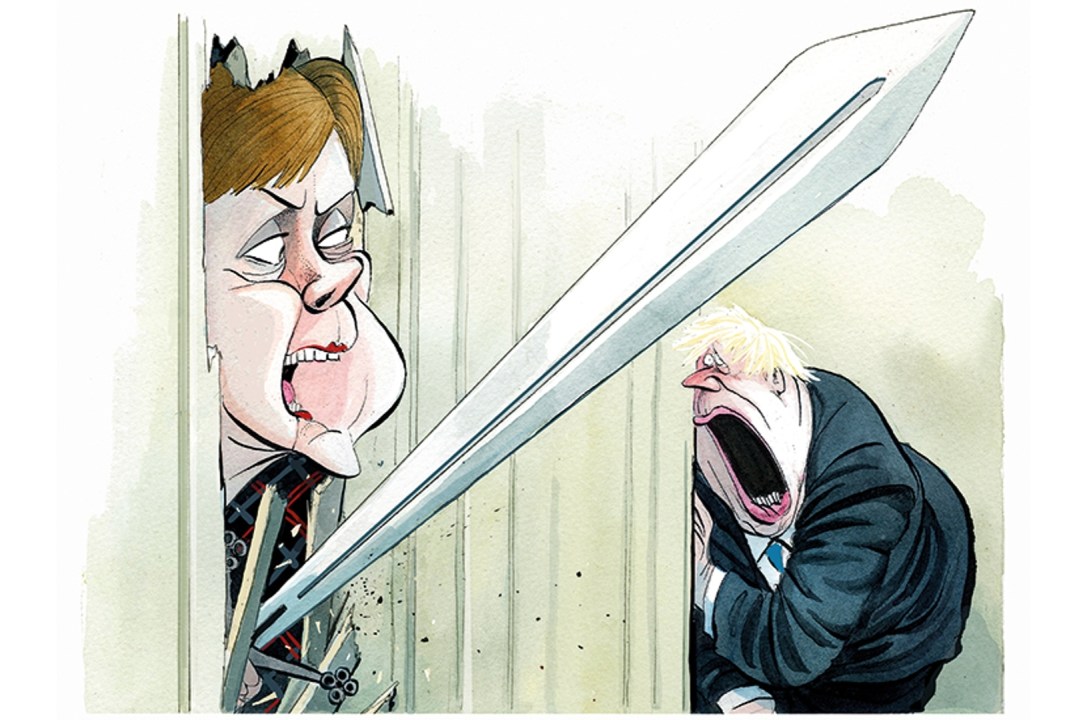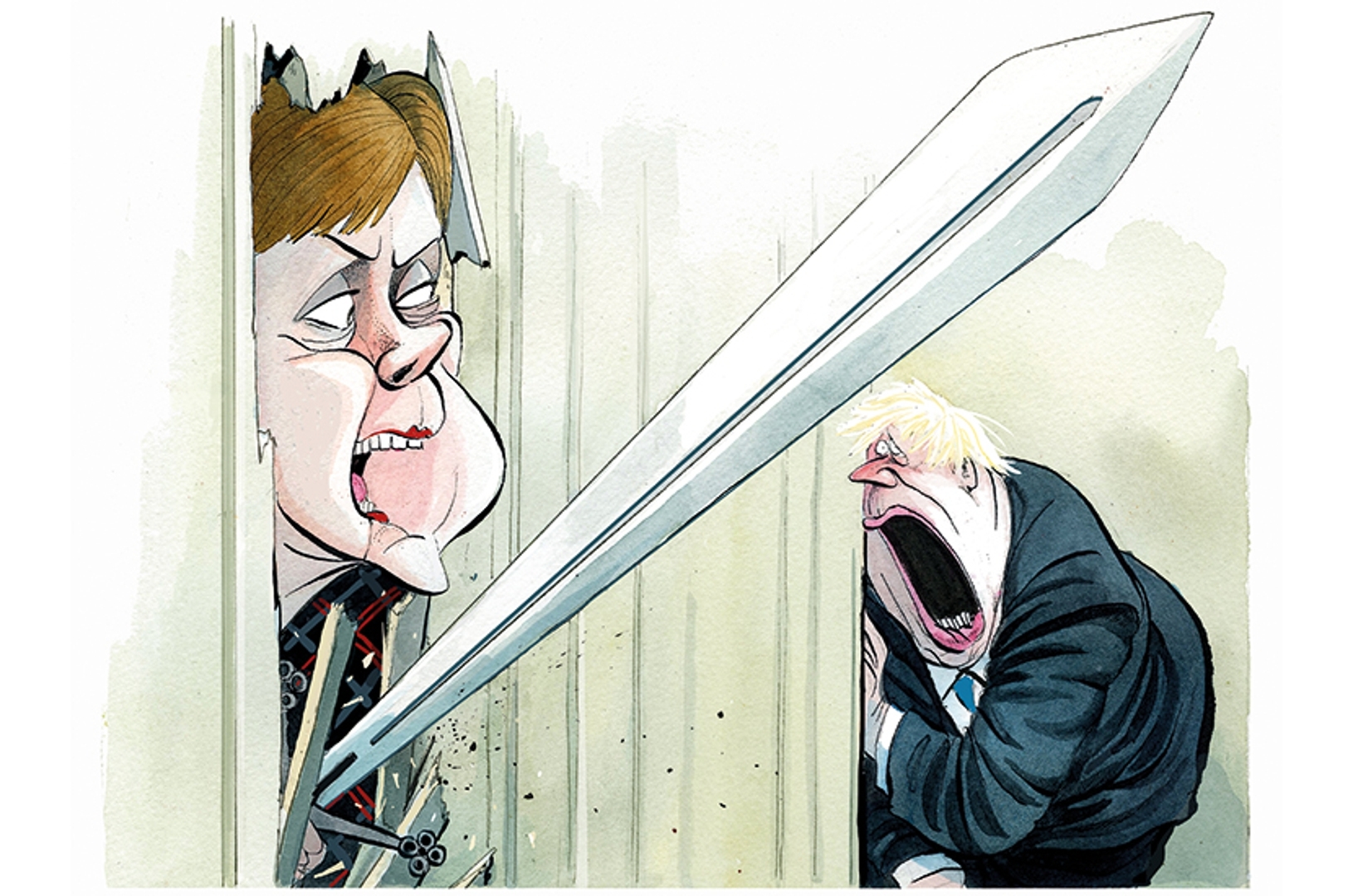This week is still going to be a bad one for Nicola Sturgeon. But it seems probable that we won’t know just how bad until May, after the Hamilton inquiry today found that she did not break the ministerial code.
By aggressively stonewalling two inquiries, the First Minister has managed to forestall calls for her resignation by casting herself on the mercy of the electorate, which still looks set to return the Scottish National Party in the May elections.
Attention has mostly concentrated on how Sturgeon and her ministers have obstructed the Holyrood inquiry. But as pro-Union legal blogger Ian Smart has set out, there were huge and unnecessary delays to James Hamilton QC’s inquiry into a potential breach of the Ministerial Code too.
What incentive does Sturgeon have to slog through years of factional strife, sex scandals and declining education outcomes?
The First Minister had recently become much more enthusiastic about Hamilton’s report, with some commentators wondering if her sudden change of heart suggested she might have known what Hamilton was going to say today. Regardless, his conclusions will take some of the pressure off Sturgeon. It will have created enough political cover for the Scottish Greens to stay loyal, which will doom the vote of no confidence planned by the Conservatives. The SNP leader will survive to lead her party into the next election and, almost certainly, out of it and into a fourth term in office.
That will be a remarkable political achievement, even if it also raises questions about the effectiveness of the checks and balances built into the current devolution settlement.
But it will nonetheless be true that Sturgeon will not return to Bute House as the old ‘Angel of the North’. After months in which it seemed as if no volume of bad press could touch the party, the shine has finally come off the Nationalists. If recent press reports are accurate the SNP are even considering a formal coalition with the Scottish Greens, upon whom they have until now been able to rely without offering serious concessions. Apparently, they hope that this will create a ‘super-majority’ in Holyrood that will lend weight to their demands for a second independence referendum.
But such a referendum is in Boris Johnson’s gift. And if it looks as if the wind has gone out of the SNP’s sails – especially if public enthusiasm for a second vote is waning in the polls – it’s unlikely the presence of a couple of Greens on the front bench is going to persuade him to risk derailing his own agenda by granting a re-run of 2014.
That’s when life could get really difficult. A refusal from London will force Sturgeon to choose between indulging her grassroots with an unconstitutional strategy, or facing them down and risking even deeper and more open splits inside her party. It also invites the prospect of another term grappling with her party’s poor record on domestic issues.
Johnson could easily justify ruling out a referendum until at least after the next general election, especially if his team start putting more effort into their arguments. Even assuming the government felt compelled to set one in train after that, it probably wouldn’t actually be held until 2025 or later. In that scenario, it is hard to see Sturgeon still being in post to lead her Party into that campaign.
And without the great prize of being the woman who finally delivered Scottish independence, what incentive does she really have to slog through years of factional strife, SNP sex scandals, botched ferry contracts, and declining education outcomes?
The constitutional struggle is a long game, and even a small adjustment to one side’s angle and momentum can have a big impact on where they end up. Sturgeon might stay in the air this week, but these events could still see her finally come down short of her target.







Comments